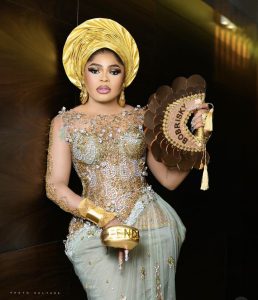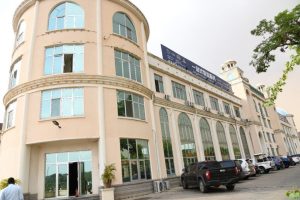Bola Tinubu, the president-elect of Nigeria, faces a significant challenge with the petrol subsidy, which is projected to cost N6 trillion by 2023.
The nation’s spending on gasoline subsidies has increased by the greatest amount under President Muhammadu Buhari’s leadership.
According to the Nigerian Economic Summit Group’s 2022 Macroeconomic Outlook report, Buhari’s payment for the gasoline subsidy increased from N307 billion in 2015 to N1.77 trillion in 2021. This was an increase of 477 percent in just seven years.
The largest economy in Africa is grappling with a deteriorating fiscal crisis, severe shortages of both domestic and foreign currency, and pervasive insecurity.
Bloomberg reported on Wednesday that a petrol subsidy that will drain N6 trillion ($13 billion) from state finances this year, or roughly two-thirds of the revenue anticipated to be generated by oil and gas output, is undermining the government’s ability to address those issues.
Nigeria’s numerous exchange rates and efforts by the central bank to ration dollars are also a major turnoff for foreign investors.
Gbolahan Taiwo, an analyst at JPMorgan Securities Plc, was quoted as saying in a note that the next president would be charged with correcting the course of the country based on sensible economic policies, fiscal and structural reforms, and orthodox monetary policy.
The reform of fuel subsidies and the liberalization of the foreign exchange market, he said, are the top priorities for policy.
The popular price cap, which is used by citizens and small businesses in the most populous country in Africa to power generators and cars, will be difficult to remove politically. The World Bank and International Monetary Fund (IMF) pushed the outgoing President Buhari to stop making payments that far exceed what is spent on healthcare and education combined. Buhari refused.
The 70-year-old Tinubu promised in his election platform to abolish the subsidies and devote the money to social welfare, infrastructure, and health and education initiatives. Social unrest was caused by previous attempts to stop the payments.
The nation’s system of multiple exchange rates, which the president-elect has characterized as “somewhat arbitrary,” will also be “carefully reviewed and better optimized,” according to the president-elect.
He has not made a decision regarding the retention of Godwin Emefiele, the Central Bank of Nigeria’s governor, whose unconventional policies have drawn criticism for being interventionist.
The IMF has identified central bank interventions as a barrier to capital inflows in Nigeria’s foreign exchange market.
In the six years leading up to 2021, foreign direct investment in the West African country fell by 52 percent, to $698 million. In contrast, Indonesia saw a 6 percent increase in inflows during the same time period, reaching $31 billion.
Other campaign pledges made by Tinubu include limiting the amount of debt held in foreign currencies by his administration. Only projects that “generate cash flows from which the debt can be repaid” will he seek non-naira loans for, according to him.
Since Buhari took office as president in 2015, the public debt of Nigeria has increased more than six-fold, with servicing costs accounting for about 80% of the government’s revenue in 2017.
The IMF predicts that unless tax collection significantly improves, the country may end up spending more on loan servicing than it generates in revenue this year.
On May 29, Tinubu will take office as the nation’s fifth democratically elected president since the end of military rule 25 years ago.
The former governor of Lagos, Nigeria’s commercial capital, has ambitious plans to increase oil production from its current level of 1.5 million barrels per day by more than 70 percent by 2027.
Due to pipeline theft and declining investment in a sector that generates more than 80% of export revenue, Africa’s largest crude producer has been unable to meet its OPEC quota since the start of last year.
According to Ayodeji Dawodu, head of Africa sovereign and corporate credit research at BancTrust & Co., “His positioning on the oil sector, including subsidy and leadership at the central bank, will be key points to watch. The direction and performance of Nigeria’s economy will be significantly impacted by this.






